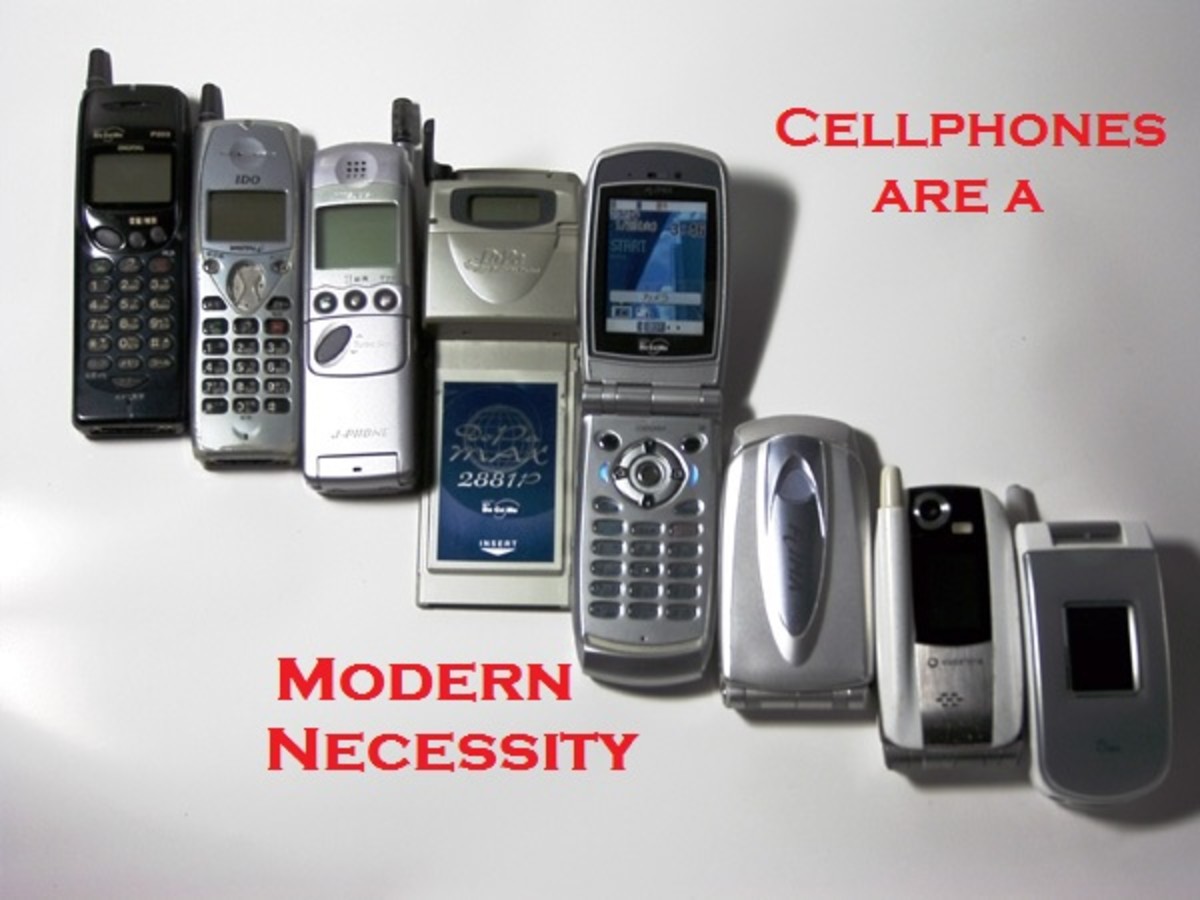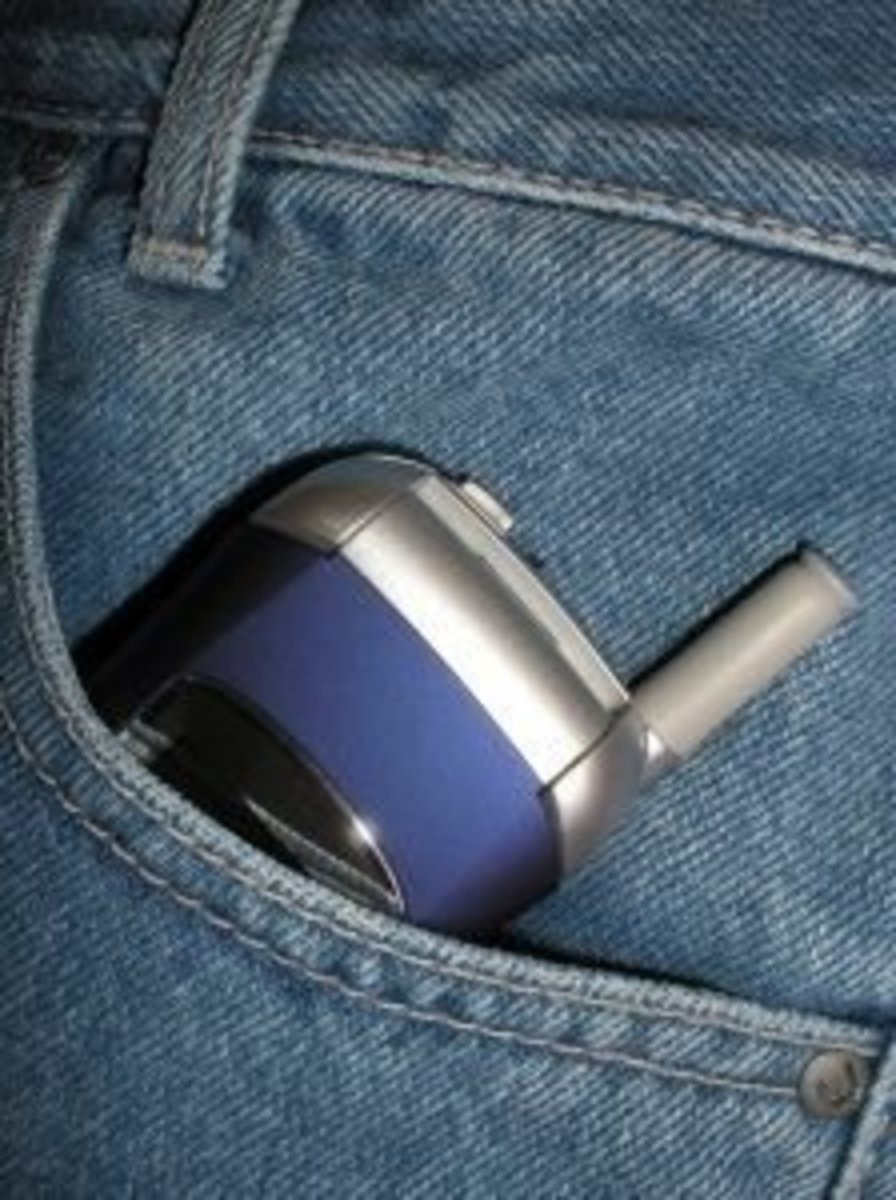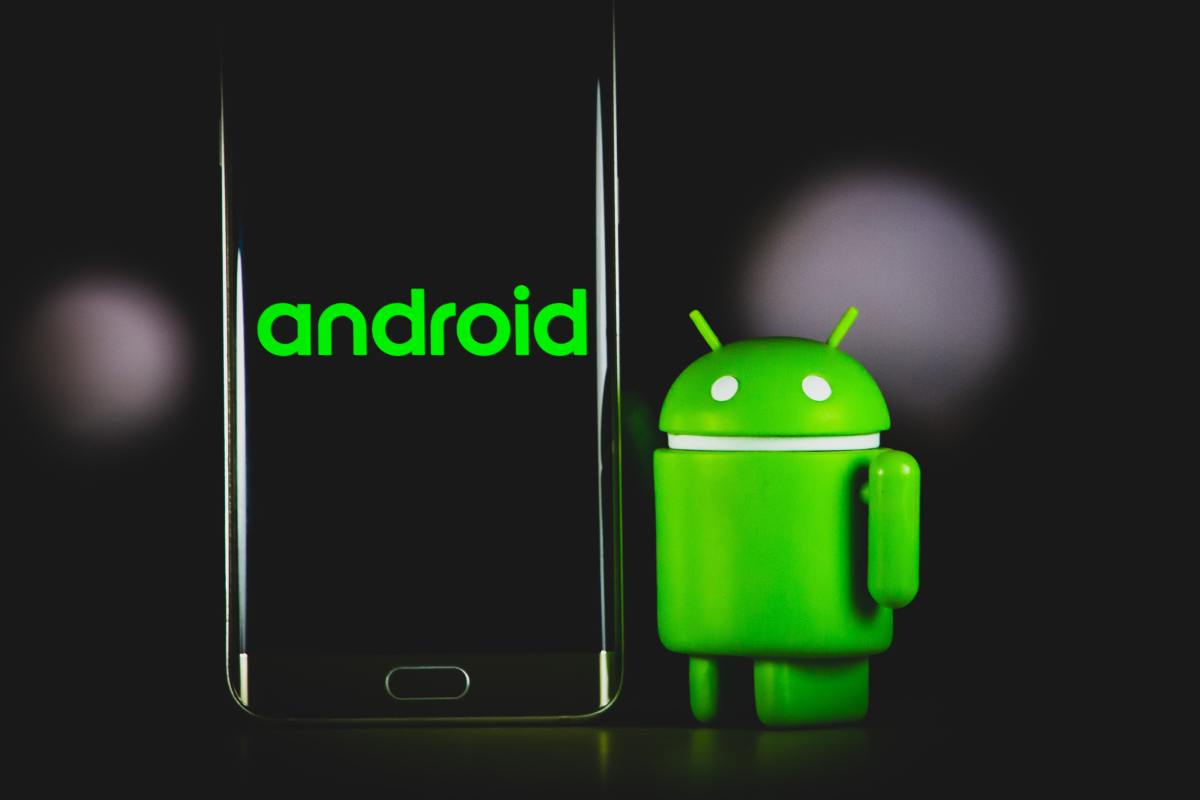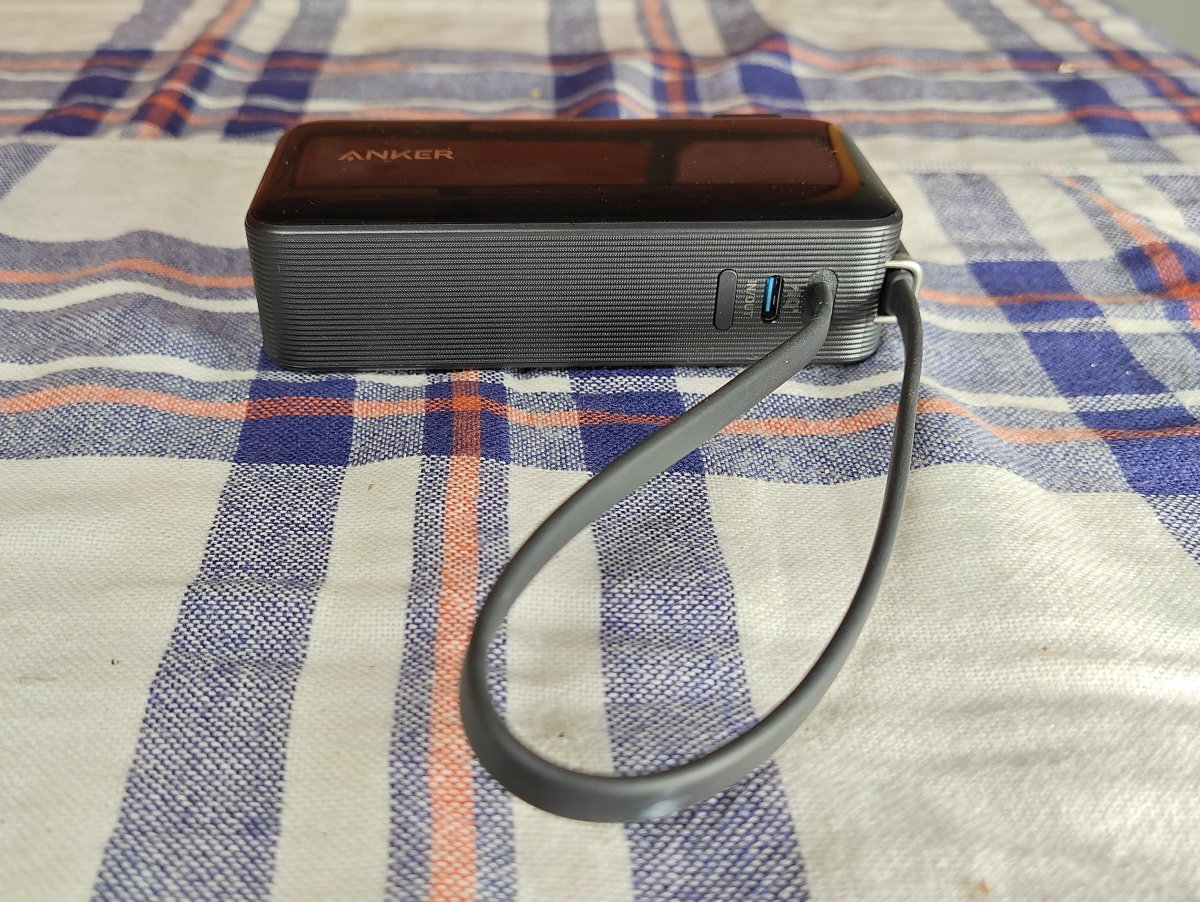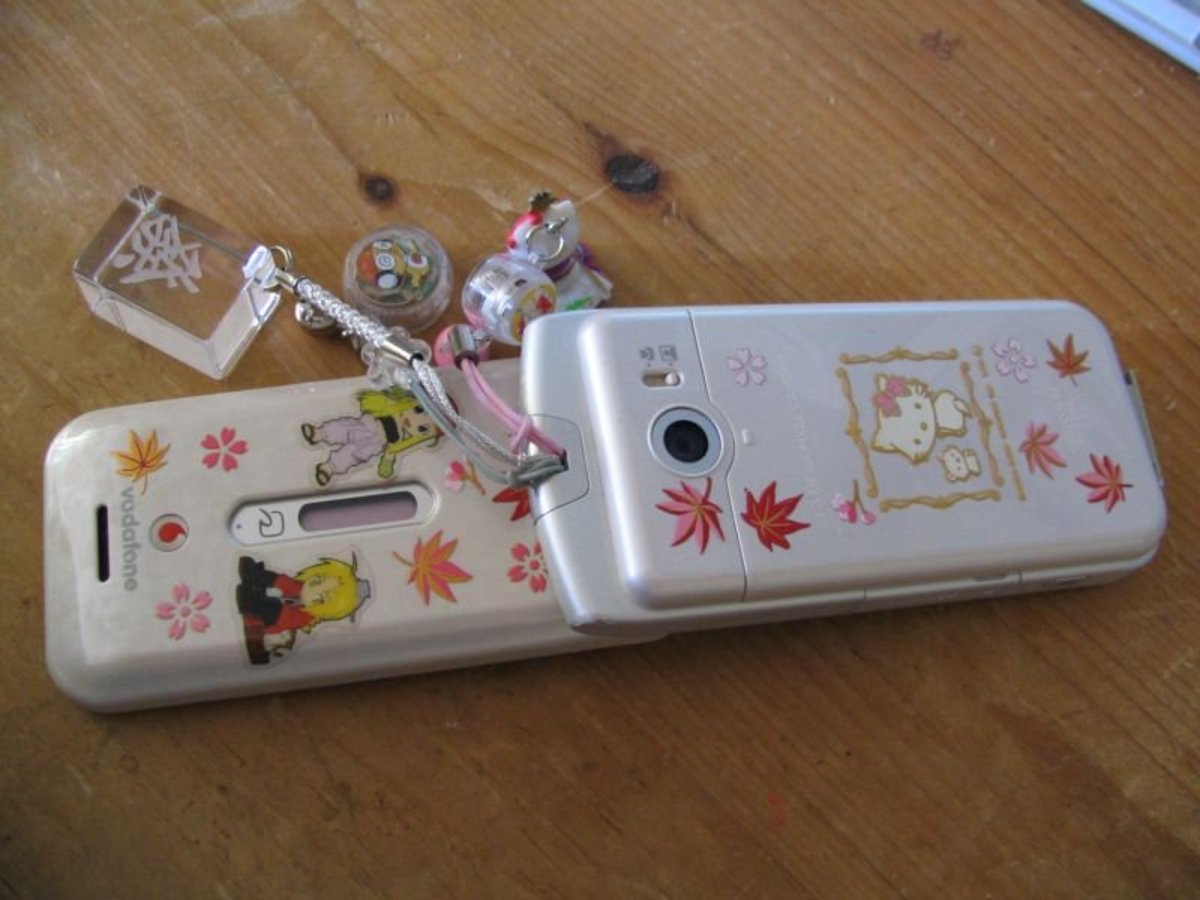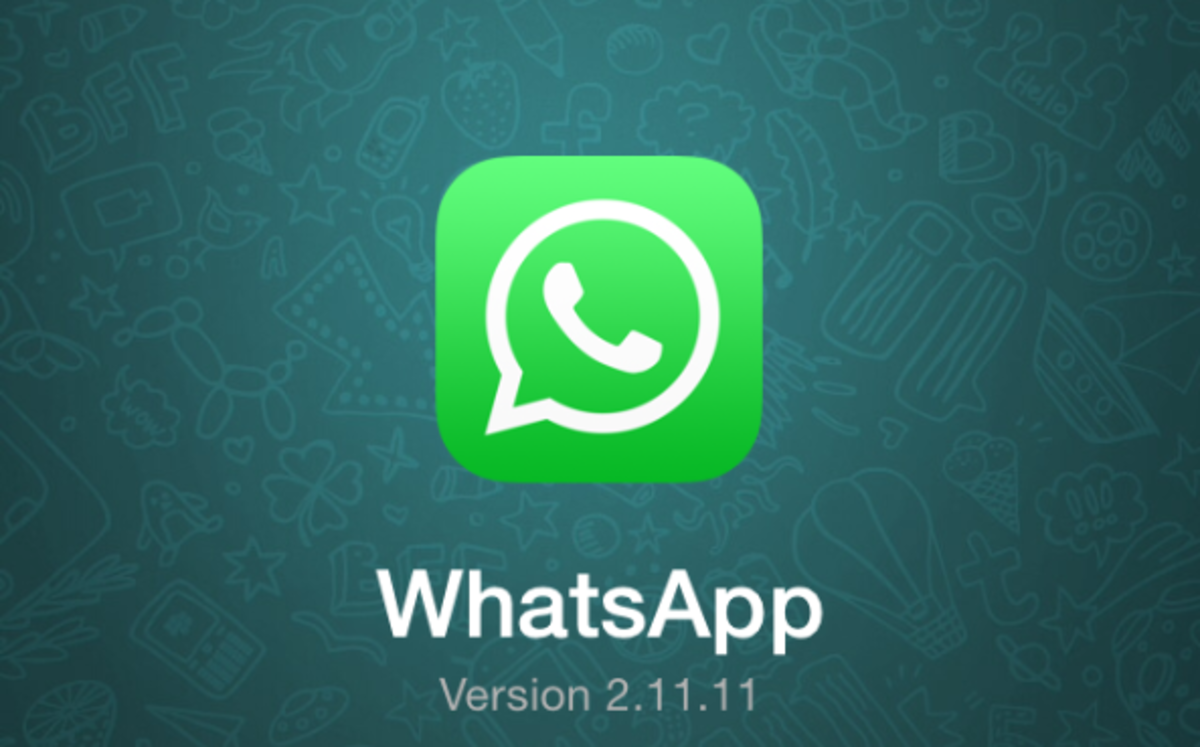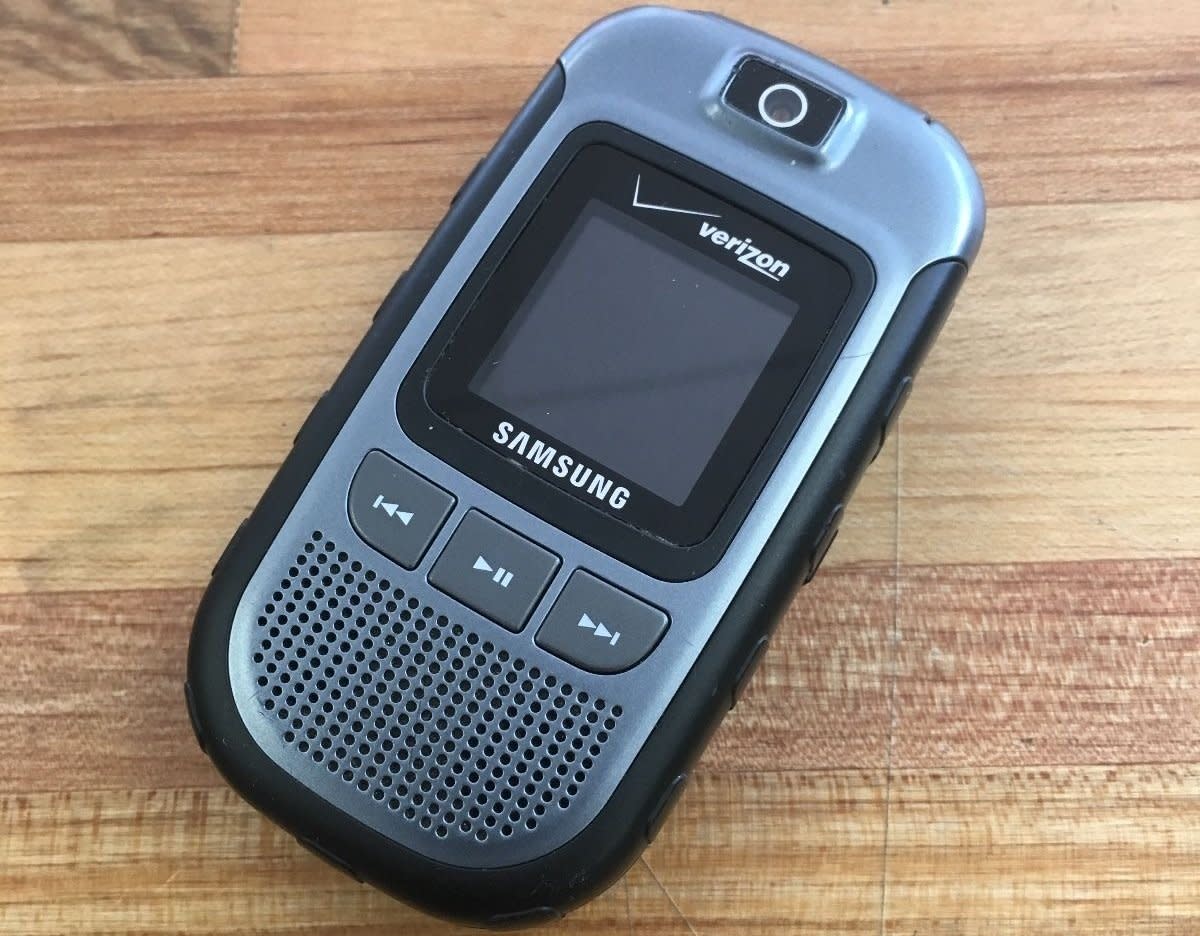All About Cell Phone Batteries

Cell Phone Battery Help
Without cell phone batteries, your phone is useless. Finding out how to care for your battery and properly charge it will extend its performance and its life. Knowing when and how to replace it can be equally important to avoid disaster.
If you have questions related to your cell phone battery you've come to the right place for answers.

Types of Cell Phone Batteries
There are several types of cell phone batteries still available on the market:
NiCd or Nickel Cadmium
These are rechargeable batteries that offer the most affordable pricing. On the other hand these cell phone batteries require more frequent charging and are not environmentally friendly. These batteries require full discharge/recharge to reduce "memory effect" which results in ongoing reduction in the ability to fully recharge.
NiMH or Nickel Metal Hydride
Due to the lack of Cadmium, these rechargeable batteries are more environmentally friendly. They are also preferable as they pack more usage time than their Cadmium counterparts; holding a charge at least 30% longer. "Memory Effect" is also less of a factor with these batteries.
Li-Ion or Lithium Ion
These rechargeable cell phone batteries are currently the most common on the market and are a bit smaller. They offer a longer life and don't experience "memory effect" but on the other hand are more expensive than NiCd or NiMH batteries.
Li-Poly or Lithium Polymer
These batteries are the newest on the scene and are the lightest weight cell phone batteries available. Like Li-Ion batteries they hold a charge significantly longer than batteries with older technology.
Other Terms You Will Hear
OEM battery: This stands for Original Equipment Manufacturer
Aftermarket: This indicates that a battery is made by a company other than the OEM but should be made to the same specifications.
Clone: These batteries are to be avoided. They are aftermarket batteries that aren't made to the same specifications as the OEM and often lack the same protective circuitry to avoid overheating and so forth.

Charging Cell Phone Batteries
Properly charging a cell phone battery is important if you wish to extend the life of the battery and get the best performance.
Proper charging is different for the different types of batteries. In general, you want to fully charge a new battery before it's first use. While NiMH batteries need a full discharge prior to recharge every few cycles, it is unwise to do so with a Lithium Ion battery. Li-Ion charging should occur when the meter shows no less than one bar; don't wait for a full discharge.
For the best performance, it is recommended that users review the manufacturers instructions. There is also a handy article at CellPower.com that provides some general recommendations for the various cell phone battery types and one from BatteryUniversity.com that answers other charging questions.

Caring for Cell Phone Batteries
Aside from charging your batteries properly, there are a number of things you can do to extend their life and assure good performance.
Avoid exposing the phone/battery to moisture. This includes keeping hands dry and assuring that your phone isn't accidentally dropped into a sink, stream, or toilet. Keeping it on a leash can help reduce this risk. Handle it carefully; avoid dropping it. Again, a leash or clip can reduce this risk. Avoid excessive heat. Cell phone batteries prefer cool, not excessively cold, dry climates. Leaving cell phones in a windowsill, laying on the kitchen counter beside a stove top or oven, near a heat register, or in a hot car is unwise. Proper cleaning is sometimes needed when corrosion occurs. Contacts can be cleaned with rubbing alcohol on a cotton swab. Avoid touching other components.Cell Phone Clips
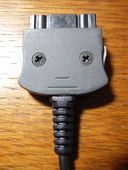
Conserving Cell Phone Battery Power/Extending Battery Life
If you truly want to extend the time between charges and extend the overall life of your cell phone battery there are additional things you can do.
Turn the phone off when not in use. For instance, consider turning it off when you're sleeping, when you are driving, when in classes or a meeting, and when flying. Certainly, if you are in an area with poor or no reception there is no need to have your cell phone on. It will use additional battery power in such situations as it searches for a better signal. Consider a repeater, home base station, or some other device to assure your phone gets a good signal. You can learn more about getting better cell phone reception here. Don't use the cell phone batteries when it's not necessary. If you're sitting next to an outlet, plug it in when you are on the phone. Cut back on functions that consume a great deal of battery power. The vibrate function, extra volume, taking pictures, playing games, and surfing the internet all consume a great deal of power. Turn off or dim the backlight, set it to go off after a couple of seconds, turn off Bluetooth, Wi-Fi, and similar functions when not in use. Remove the batteries from your phone if it won't be used for more than a day or two. They can be stored in an airtight bag in the refrigerator (not freezer) but be sure to allow them to warm up before recharging and then using them. (Store Li-ion batteries with a 40% charge) Don't purchase cell phone batteries and store them for more than a few weeks as they will still lose power despite not being in use.How Long Will My Cell Phone Battery Last?
Here is a handy CNET chart to help you figure out how long the battery in your specific cell phone should last.

Does Your Cell Phone Battery Need Replaced?
Cell phone batteries sometimes "die" and need replaced. NiMH batteries die slowly giving the owner warning, while Li-Ion batteries seem to fail all at once. The most common symptoms of a failing battery are:
a significant decrease in talk and standby time between charging cycles a battery that gets hotter than normal during recharging or when using it in your cell phone.How to Save a Wet Cell Phone Battery
If you've dropped your cell phone in a sink, a toilet, run it through the washer, or gone swimming with it there are tips to salvage it in this WikiHow article.

Tips for Buying a Replacement Cell Phone Battery
If your cell phone battery fails, you'll want a new one. You may also find yourself in need if you choose to have a backup battery due to heavy use or traveling. When buying a replacement battery:
Be sure to check the type of battery recommended by the manufacturer and the size your specific phone will accommodate Obviously trying to purchase a cell phone battery directly from your cellular company is often the easiest way to shop, but if you don't find what you need or want a better bargain, you can try specialty battery stores and online retailers Check the date on the batteries. Batteries in generaly will last for 300-400 cycles, but even when they aren't in use they are losing power; thus a battery that has been on the shelf for 6 months won't last as long. Although "clone batteries" may offer a better bargain, it is often best to avoid these as they aren't always safe as they sometimes lack protective circuits. If you want cell phone batteries that go longer between charges, choose Li-Ion or Li-Poly. More mAh (milli-amperes per hour) the more battery power.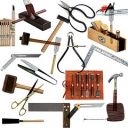
How To Replace Your Cell Phone Battery
Some cell phones, like the iPhone, are a bit more complex but in general changing cell phone batteries is pretty basic:
Turn the phone off first Remove the battery Check for corrosion and clean with alcohol and a cotton swab if needed. Allow to dry. Insert the new battery Fully charge Dispose of the old battery properly.How to Change a Battery in Your iPhone

Cell Phone Battery Leak
Lithium Ion and Lithium Polymer cell phone batteries don't really leak but other batteries can. If leaking occurs, contact the battery manufacturer. Batteries are often guaranteed against leakage and the company may clean up the mess for you or replace any damaged goods.
If you need to do it yourself, be safe. Use gloves and goggles and stay in well ventilated areas. Of course, start by removing the battery. Many experts then recommend using a pencil eraser to rub off any leakage or perhaps an emery cloth on any metal parts. A vinegar/water solution applied to a cotton swab is sometimes useful as well.
Before closing up, it is important to assure that everything is completely dry. If you use a hair dryer for this purpose, be sure to use the Cool setting.
Cell Phone Repair Kits

Recycling Cell Phone Batteries
Nickel Cadmium batteries contain toxic waste that must be disposed of properly. Other cell phone batteries contain metals that should be recycled.
There are a number of resources to assist users in finding appropriate recycling options:
Earth911.org provides a directory of centers accessible by doing a search on their page.
Call2Recycle can also assist in finding a local center to take old cell phone batteries.

Future Cell Phone Batteries
It's anticipated that cell phone batteries will continue to evolve. The search for more environmentally friendly and yet more powerful sources of energy for cell phones is ongoing and you can learn about current efforts here.
There are many reports regarding the use of hydrogen fuels cells. Articles at Gizmodo and Inhabitat are just some samples.
Solar powered cell phones are also in the news. CNET and MobileWhack are just two of the more recent reports regarding these devices.
Kinetic energy is another possible solution which is discussed in this Inhabitat article.
This Scientific American write up also discusses how the energy created by your own movement may power cell phones in the future. Or, as this ImpactLab article indicates, perhaps your heartbeat will provide the needed energy.
Of course, not to be out done, wind powered cell phone chargers are reported by PC World.
Photo Credits
Introduction: trekkyandy.
Types of Cell Phone Batteries: _Sarchi.
Charging Cell Phone Batteries: Kalleboo.
Caring for Cell Phone Batteries: Respres.
Conserving Cell Phone Battery Power: chidorian.
Does Your Cell Phone Battery Need Replaced?: DawnEndico.
Tips for Buying a Replacement Battery: nalilo. (no derivative work allowed)
Recycling Cell Phone Batteries: Moria.
How to Replace a Cell Phone Battery: Geishaboy.
Future Cell Phone Batteries: JamesJordan. (no derivative work allowed)




